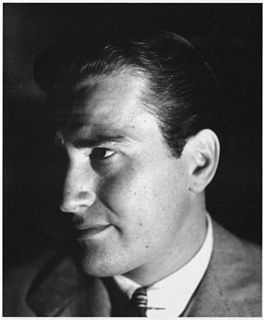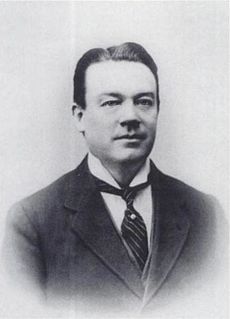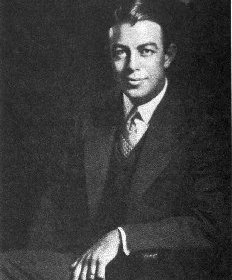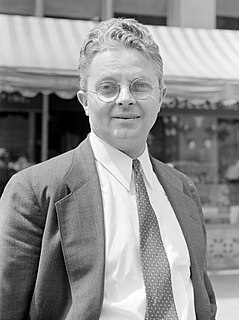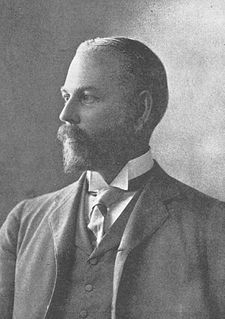A Quote by J. Anthony Lukas
If the noun is good and the verb is strong, you almost never need an adjective.
Related Quotes
Whatever one wishes to say, there is one noun only by which to express it, one verb only to give it life, one adjective only which will describe it. One must search until one has discovered them, this noun, this verb, this adjective, and never rest content with approximations, never resort to trickery, however happy, or to vulgarism, in order to dodge the difficulty.
Hyacinth,” Lady Bridgerton said in a vaguely disapproving voice, “do try to speak in complete sentences.” Hyacinth looked at her mother with a surprised expression. “Biscuits. Are. Good.” She cocked her head to the side. “Noun. Verb. Adjective.” “Hyacinth.” “Noun. Verb. Adjective.” Colin said, wiping a crumb from his grinning face. “Sentence. Is. Correct.
If you can remember all the accessories that go with your best outfit, the contents of your purse, the starting lineup of the New York Yankees or the Houston Oilers, or what label "Hang On Sloopy" by The McCoys was on, you are capable of remembering the differences between a gerund (verb form used as a noun) and a participle (verb form used as an adjective).
Saw you walking barefoot taking a long look at the new moon's eyelid later spread sleep-fallen, naked in your dark hair asleep but not oblivious of the unslept unsleeping elsewhere Tonight I think no poetry will serve Syntax of rendition: verb pilots the plane adverb modifies action verb force-feeds noun submerges the subject noun is choking verb disgraced goes on doing now diagram the sentence
A true noun, an isolated thing, does not exit in nature. Things are only the terminal points, or rather the meeting points of actions, cross sections cut through actions, snapshots. Neither can a pure verb, an abstract motion, be possible in nature. The eye sees noun and verb as one, things in motion, motion in things.







